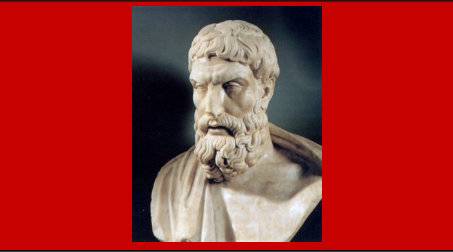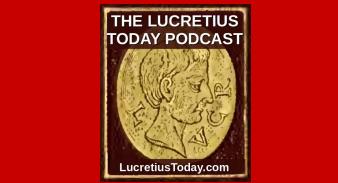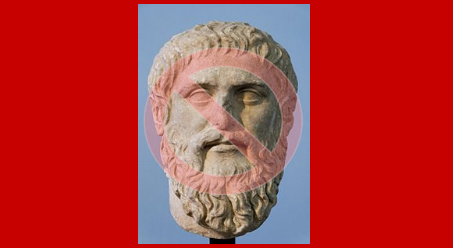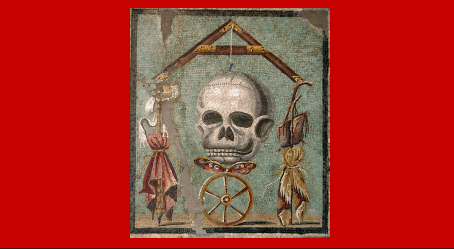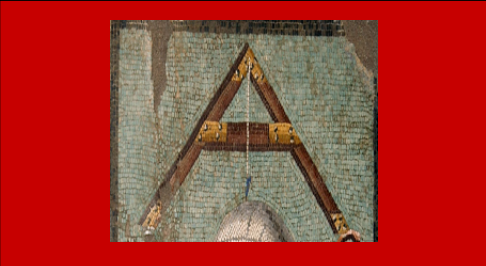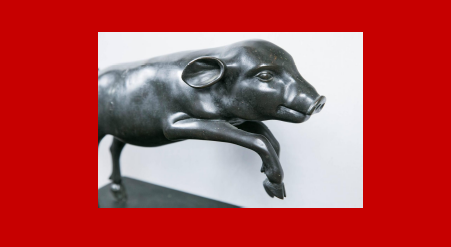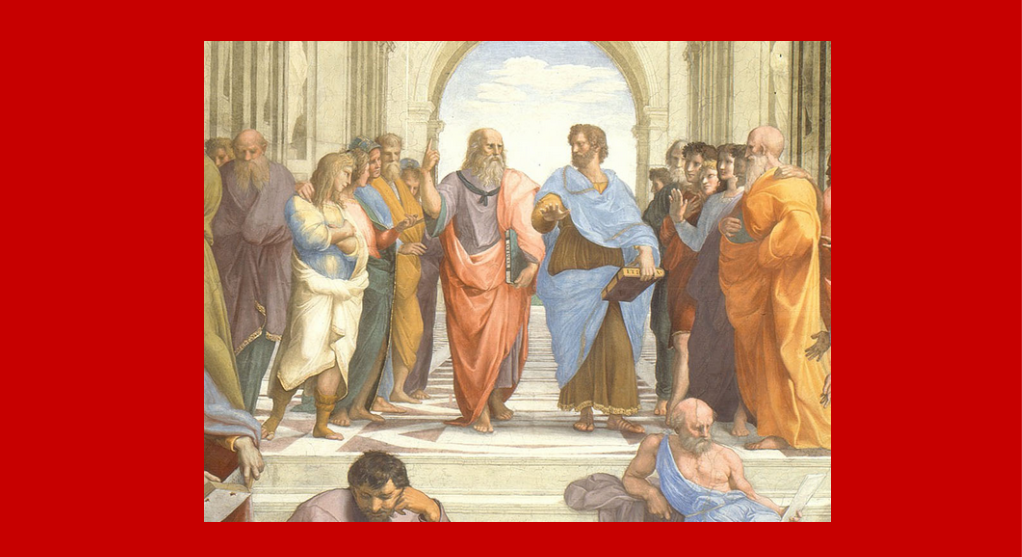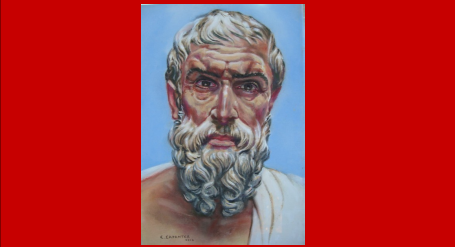Updated: January 2025. It's been a long road from when Epicurus College first went online until today, and we have chosen to devote our efforts in other directions - primarily EpicureanFriends.com and the Lucretius Today Podcast - during most of that time.
Keep checking back because we hope to have announcements soon about upgrades to this website.

